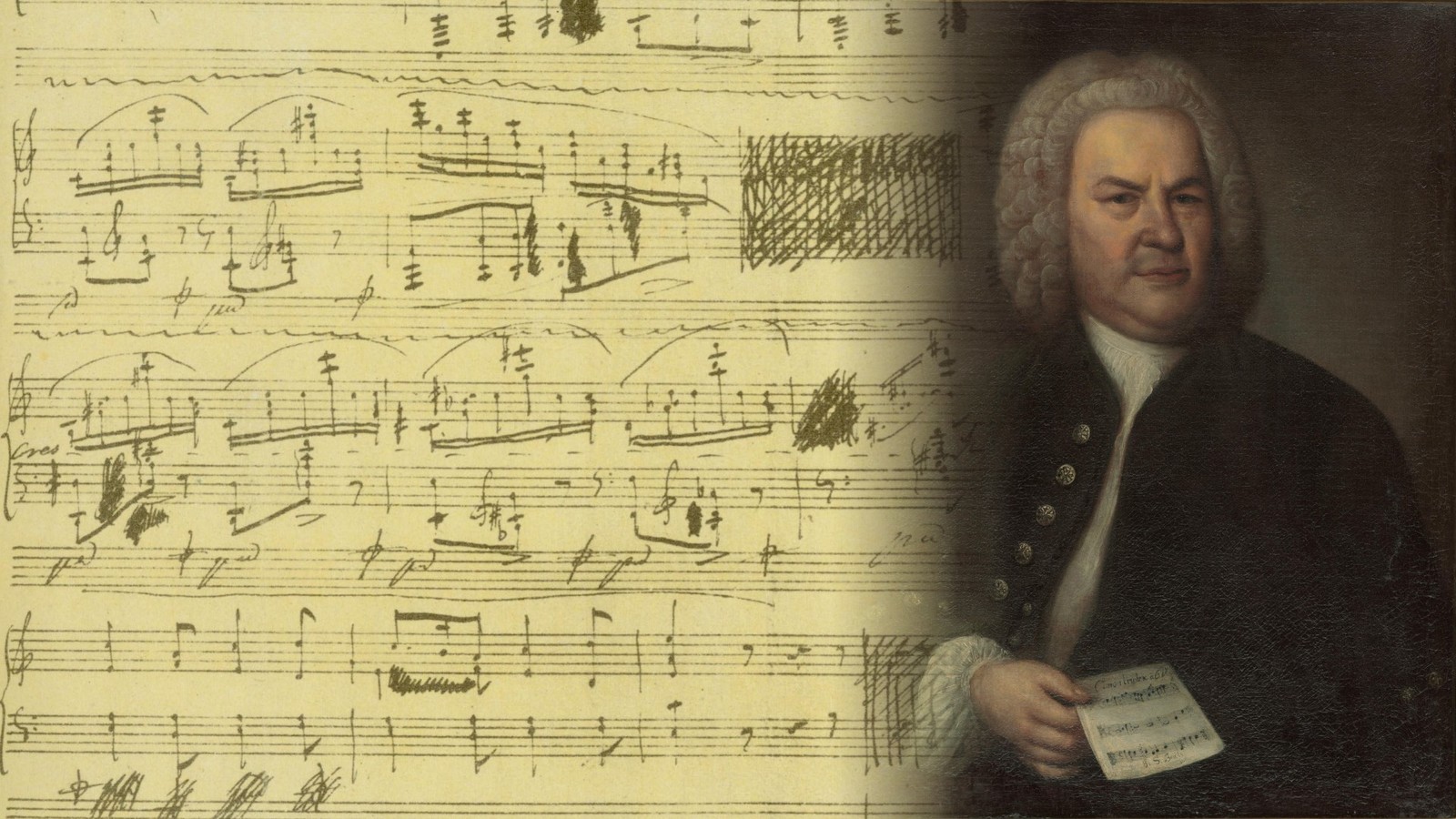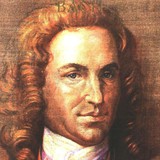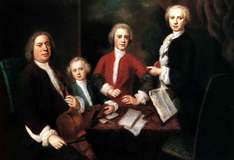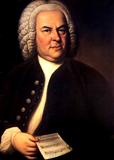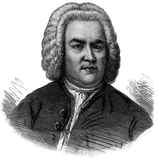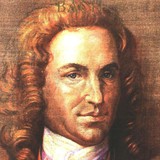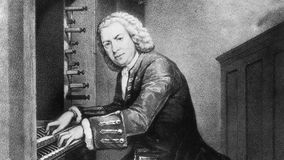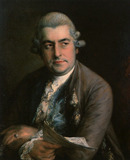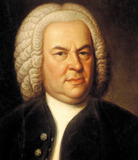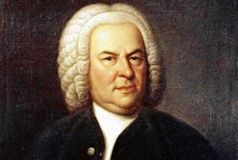Johann Sebastian Bach (31 March [O.S. 21 March] 1685 – 28 July 1750) was a German composer and musician of the Baroque period. He enriched established German styles through his skill in counterpoint, harmonic and motivic organisation, and the adaptation of rhythms, forms, and textures from abroad, particularly from Italy and France. Bach's compositions include the Brandenburg Concertos, the Goldberg Variations, the Mass in B minor, two Passions, and hundreds of cantatas. His music is revered for its technical command, artistic beauty, and intellectual depth.
Bach was born in Eisenach, Saxe-Eisenach, into a great musical family. His father, Johann Ambrosius Bach, was the director of the town musicians, and all of his uncles were professional musicians. His father probably taught him to play the violin and harpsichord, and his brother, Johann Christoph Bach, taught him the clavichord and exposed him to much contemporary music. Apparently at his own initiative, Bach attended St. Michael's School in Lüneburg for two years. After graduating he held several musical posts across Germany: he served as Kapellmeister (director of music) to Leopold, Prince of Anhalt-Köthen, Cantor of the Thomasschule in Leipzig, and Royal Court Composer to Augustus III. Bach's health and vision declined in 1749, and he died on 28 July 1750. Modern historians believe that his death was caused by a combination of stroke and pneumonia.
